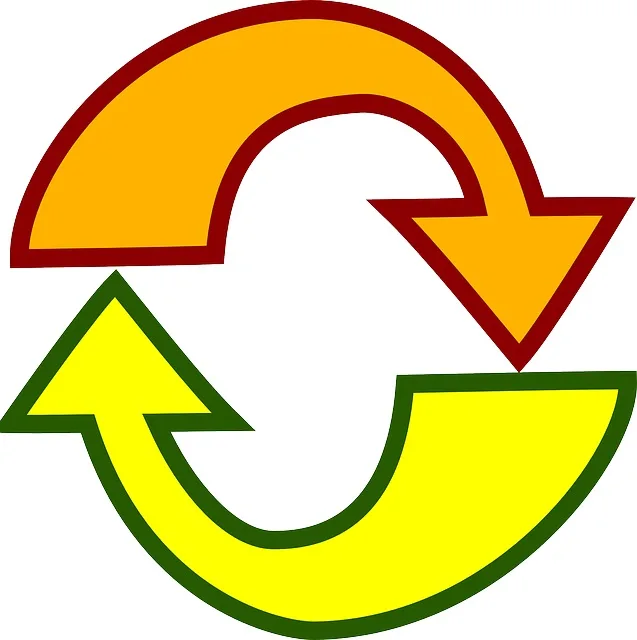Author: Manu Steens
Before we can answer this question, we need to clarify three things: linear events, complicated events and complex events.
What are linear events? These are generally events that one can address by applying routine tasks. For example, chopping a tree with an ax. One has to think about where the tree can best fall, because it does not always, but in general this is a task that requires no special higher studies. Which does not mean that no responsibility can hide behind such a task.
Another thing are the complicated things. These are things that, with sufficient effort, such as acquiring sufficient knowledge, are just manageable and predictable, but not for a layman. For example, building an airplane. You have to know enough about aerodynamics, materials, fuels, strengths of materials, standards, fluid dynamics and nowadays even electronics and computer sciences to design an airplane. But we succeed, provided we work together.
Thirdly, there are the complex systems. These are things that we absolutely can not predict. Not so much because we can not know our own actions, but mainly because we can not know all parameters in a complex system, among other things because they are never the same twice. Or because it is too much. Some examples are nature, climate changes, society, …
Then we come to the statement “history repeats itself” or the prediction “history will repeat itself”. The question I ask is whether, in the context of the previous three definitions, these statements are serious. The question is also whether if similar macro-states (such as a political system, wars, …) occur, this statement actually applies to it. After all, we live in a world that characterizes as a succession of very many complex systems.
A thought experiment should be able to bring us back to the situation after an event with predicted repetition. The question then is whether we can then predict the future with the knowledge of the past. I do not think so, because we not only have no control over all parameters, or even just the relevant ones, we do not even know them all. We simply do not know them.The prediction “history will repeat itself” is therefore useless. In nature, in the climate, in crisis management. However, this does not detract from the fact that we can have a positive influence on the events. Taking measures has always been meaningful. Also for the climate. Also now. Because we are obliged to future generations, to do our best to give them a liveable world.

